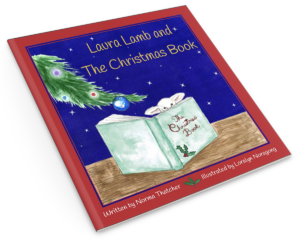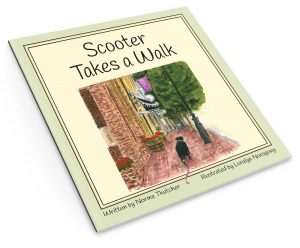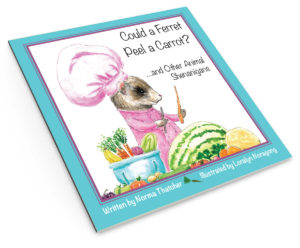
Grandmother Elizabeth’s old coffee cup
Forbes Magazine says that the best leaders do this one rare thing. It just so happens to be what I did in last week’s post; share wisdom I had learned from others. So this is part 2 of that sharing.
The biggest single determining factor of living a happy and productive life is your personality. The good news? You can change it! People retain the capacity to change throughout life. Take advantage of it. – Daniel Levitan
Create routines in your life or you will never stop falling victim to decision fatigue.–Mel Robbins
May you be filled with loving kindness, safe from inner and outer danger, well in body and mind, and at ease and happy. –Buddhist Metta practice says to say this for yourself and others
Five interesting words/terms:
- Negging – an act of emotional manipulation. A person makes a deliberate backhanded compliment to another person to undermine their confidence and increase their need of the manipulator’s approval. EX: Did you just get your hair cut? (Without adding, “Hey, it looks great!” or other positive statement.)
- Cognitive Dissonance – State of mind where people rationalize why their actions are inconsistent with their thoughts and beliefs. EX: An otherwise honest person stealing office supplies from the company may rationalize that they deserve to be paid more.
- Propinquity – You are fond of and become similar to people you see a lot.
- Neophilic– Curious to discover new things; enthusiasm for newness
- Metacognition – Thinking about thinking
The majority of the news we see/hear/read is negative, so our brains start to believe the world is a truly negative place.
A view on goals – We start working on them and discover it requires something of us (skill, strength, resources, or willingness to persist) that we don’t already have. There are two choices:
- Develop the missing capacity and work through it OR
- Give up because it’s too difficult – Experience Life Jan/Feb 2014
The Japanese concept of “wabi sabi” is a view centered on the acceptance of transience and imperfection. The cracks in an old teacup are assets, not flaws. It’s a way of finding beauty in things as they are, not craving for them to be different.
Be curious, not furious, when you make a mistake.
Daniel Siegel says there are more than our five senses of seeing, hearing, tasting, feeling, and smelling. A sixth sense (not the movie) allows us to perceive internal bodily status such as butterflies when we’re nervous. A seventh sense lets us look within ourselves and honestly perceive our minds.
The capacity to learn is a gift. The ability to learn is a skill. The willingness to learn is a choice. – Brian Herbert
And in closing, from The Science of Successful Learning, there is no known limit to what you can learn when you connect a new piece of information to an existing memory.
~~~~~~~
Forbes article on sharing wisdom



